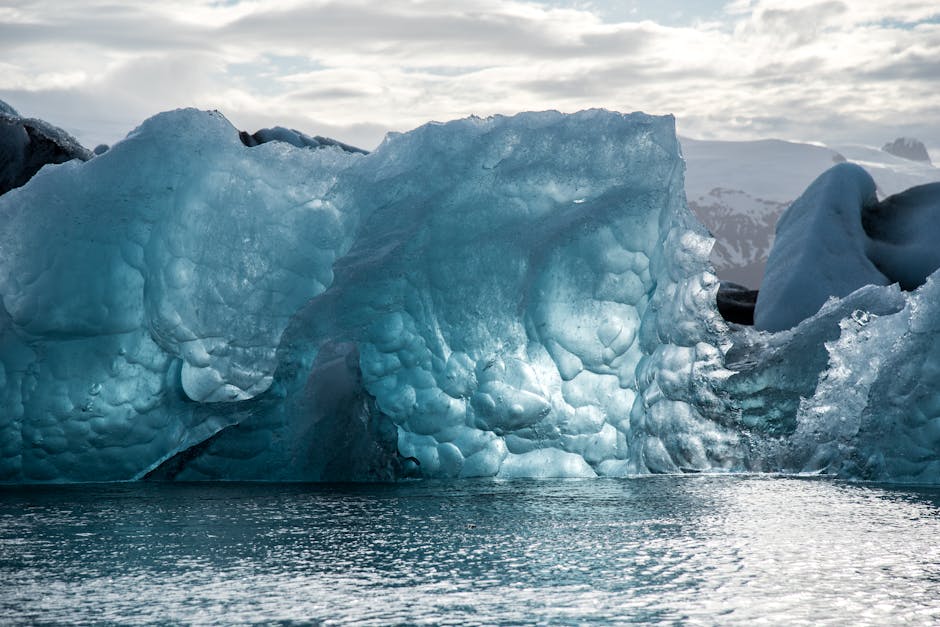Global warming refers to the gradual increase in the average temperature of the Earth's climate system, which is primarily caused by the increasing concentration of greenhouse gases in the atmosphere. These gases, such as carbon dioxide, methane, and nitrous oxide, trap heat from the sun and prevent it from escaping into space.
**Causes of Global Warming**
The main contributors to global warming are human activities that release large amounts of greenhouse gases into the atmosphere. These activities include:
* **Fossil fuel combustion:** The burning of fossil fuels, such as coal, oil, and gas, releases carbon dioxide into the atmosphere.
* **Deforestation:** The clearing of forests removes trees that absorb carbon dioxide and release oxygen.
* **Industrial processes:** Certain industrial activities, such as cement production, release greenhouse gases.
* **Agriculture:** The raising of livestock and the cultivation of crops can contribute to the release of methane and nitrous oxide.
**Effects of Global Warming**
Global warming has a wide range of negative impacts on the environment and human society, including:
* **Sea-level rise:** The melting of glaciers and ice caps causes sea levels to rise, threatening coastal communities and infrastructure.
* **Extreme weather events:** Global warming intensifies the frequency and severity of extreme weather events, such as hurricanes, floods, and heat waves.
* **Disruption of ecosystems:** Changes in temperature and precipitation patterns can disrupt ecosystems, leading to the loss of biodiversity.
* **Health impacts:** Heat waves and air pollution associated with global warming can have adverse effects on human health.
**Solutions to Global Warming**
Addressing global warming requires a concerted global effort to reduce greenhouse gas emissions and mitigate its effects. Some key solutions include:
* **Transitioning to renewable energy:** Switching from fossil fuels to renewable energy sources, such as solar and wind power, can significantly reduce carbon emissions.
* **Improving energy efficiency:** Implementing energy-efficient measures in buildings, transportation, and industry can reduce energy consumption and greenhouse gas emissions.
* **Protecting forests:** Conserving and restoring forests helps to absorb carbon dioxide and regulate the climate.
* **Reducing methane and nitrous oxide emissions:** Implementing measures to reduce methane and nitrous oxide emissions from agriculture and industrial activities can further mitigate global warming.
* **Investing in research and innovation:** Supporting research and development in clean energy technologies and climate modeling is essential for finding innovative solutions to global warming.
**Conclusion**
Global warming is a pressing challenge that requires urgent action to mitigate its effects and ensure a sustainable future. By reducing greenhouse gas emissions, protecting forests, improving energy efficiency, and investing in research and innovation, we can work together to address this global crisis and create a cleaner, healthier planet for generations to come.

